Fillings
Composite or tooth-colored fillings are used to repair minor cracks, decay, and fractures in the teeth. Dr. Sullivan closely matches the color of the composite filling to the color of your existing teeth to provide a restoration that is both functional and aesthetically pleasing. Placing a composite filling requires just one appointment, where Dr. Sullivan will:

• Remove the compromised portion of the tooth
• Clean the tooth
• Place the composite filling
• Shape and polish the filling
Once in place, composite fillings will be a natural addition to your smile.
Crowns
Dental crowns (or caps) completely enclose natural teeth to restore them to an ideal shape and size. In most cases, dental crowns are created using porcelain, a tooth-colored material, to give you a more natural-looking smile. Dr. Sullivan may recommend a dental crown to:
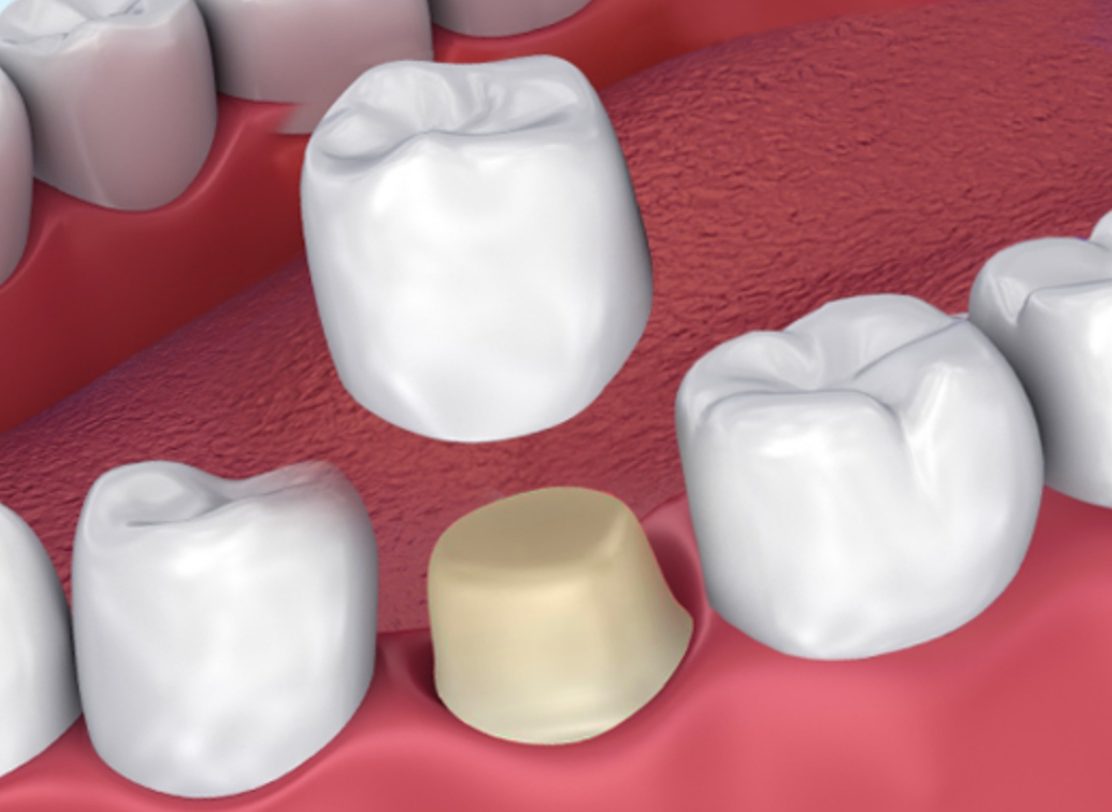
• Restore a fractured, broken, or decayed tooth
• Complete a dental implant
• Protect a tooth that has received root canal therapy
• Provide you with a more radiant, beautiful, and functional smile
At your initial appointment, Dr. Sullivan will prepare the tooth and place a temporary crown while your custom crown is created by a specialized lab so that when it is in place, it will look and feel like a natural tooth.
Bridges
If you are missing one tooth or several teeth in a row, Dr. Sullivan may recommend a fixed dental bridge. Fixed bridges are non-removable appliances that use crowns placed on the teeth adjacent to the gap to anchor artificial teeth known as pontics. Once complete, a dental bridge will:
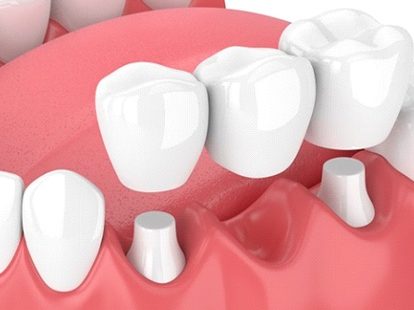
• Prevent your natural teeth from moving into the missing tooth space
• Restore function to the bite
• Prevent the loss of facial volume
• Replace an unwanted removable partial denture
• Give you a complete, aesthetically-pleasing smile
Bridges typically require two or three appointments. They are crafted using tooth-colored materials to give you a more natural-looking smile.
Implants
As one of the most effective advancements in modern dentistry, dental implants are truly making a world of difference to those who are missing teeth. Because they replace both the root and the crown of missing teeth, dental implants can provide unprecedented stability and security to a mouth that does not have all of its natural teeth. Implants are placed in a series of procedures with Dr. Sullivan and other dental professionals over several months. Dr. Sullivan will create your dental implant treatment plan and attach a dental implant restoration to the implant after the implant has been surgically placed into your jawbone. Depending on your needs, your implant restoration could be a:
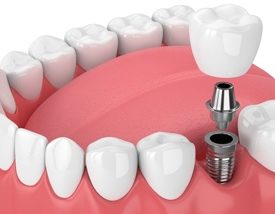
• Crown
• Bridge
• Denture
There is no need to live with missing teeth. Implants are the most natural option to replace a missing tooth.
Dentures and Partials
Missing teeth can be replaced in many ways. For those who are missing all or most of their natural teeth, a complete or partial denture may be best. When in place, your removable dentures will:
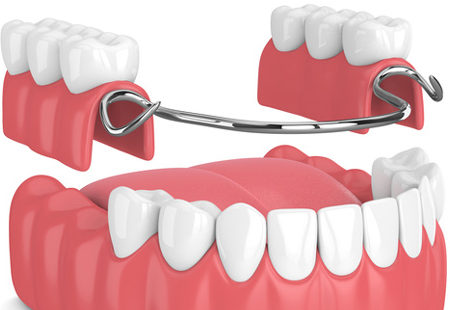
• Replace all of your missing teeth
• Prevent the face from sagging
• Restore your ability to eat, chew, and speak normally
• Give you a complete, functional, and natural-looking smile
Dentures are created to look like your missing teeth for a very natural appearance. Dr. Sullivan can usually place a denture or partial in a matter of weeks.
Endodontics
Endodontic therapy, often referred to as root canal therapy, may be suggested to restore teeth that are significantly damaged or decayed. Root canal therapy is, in most cases, a preferred alternative to tooth extraction because it allows you to keep the natural tooth and does not require the placement of a tooth in the future. Dr. Sullivan may recommend root canal therapy for one or more of these reasons:
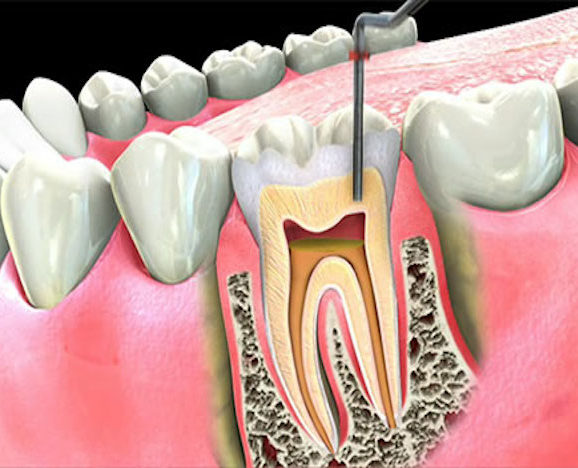
• Decay has reached the pulp of the tooth
• An infection or abscess has developed
• The tooth has recently been traumatized or injured
Root canal therapy is often a pain-free procedure thanks to local anesthetic. Typically, root canal therapy will require just two visits to our office. Following the therapy, Dr. Sullivan may place a dental crown over the tooth for protection.

